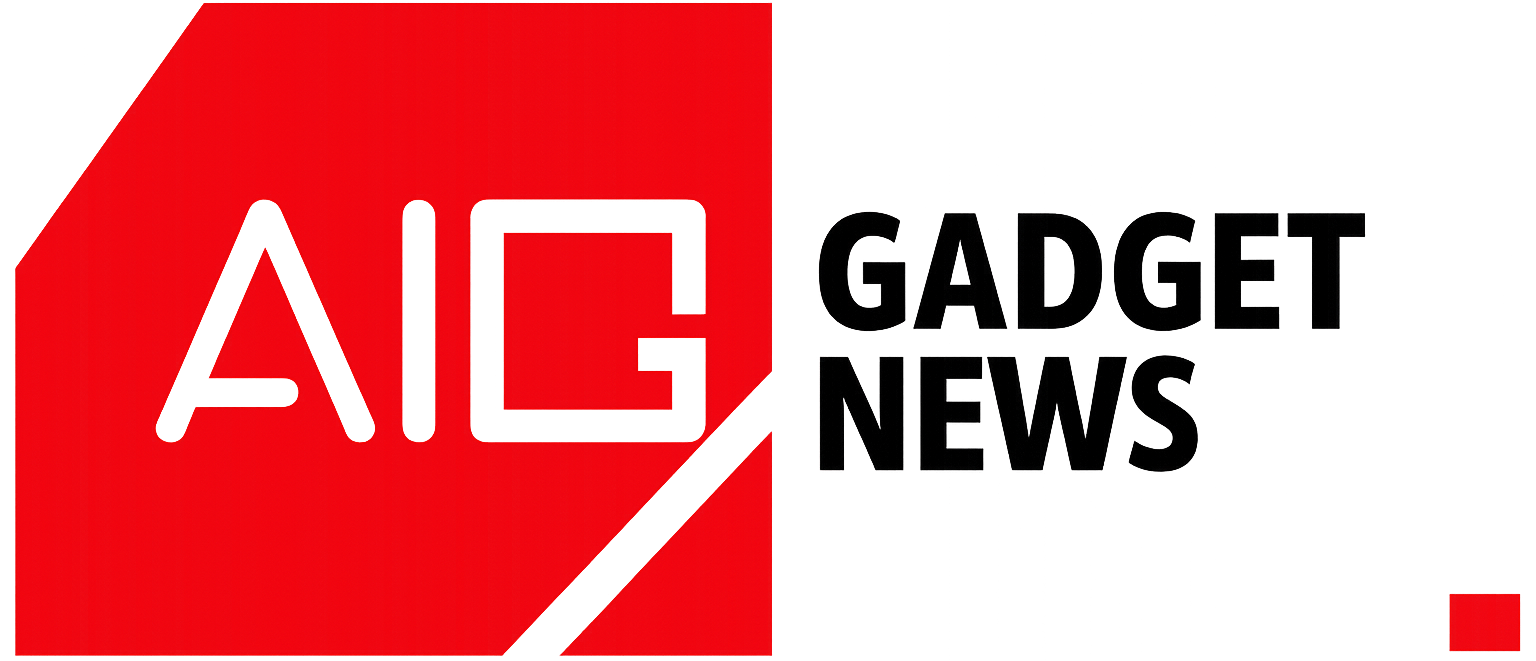As we stand on the precipice of a new technological era, the integration of artificial intelligence (AI) into the workplace is fundamentally transforming careers and job markets globally. The rise of AI is not merely a fleeting trend; it is reshaping the very fabric of work, influencing the skills needed, the nature of tasks performed, and even the ways in which we define careers.
Understanding AI’s Influence on the Workplace
AI encompasses a range of technologies that enable machines to perform tasks that typically require human intelligence. This includes everything from simple data entry to complex decision-making processes. The current landscape of AI in the workplace is relative to its applications across various sectors, such as healthcare, finance, education, and manufacturing. Each of these industries is leveraging AI to increase efficiency, reduce errors, and enhance productivity.
For instance, in healthcare, AI algorithms assist in diagnosing diseases and personalizing treatment plans, while in finance, they manage risk assessments and fraud detection. In education, AI is providing personalized learning experiences, and in manufacturing, robotics powered by AI streamline production lines and logistics.
The Evolution of Job Roles
As AI takes on more repetitive and data-intensive tasks, the roles within organizations are evolving. Jobs that involve routine and predictable duties are at high risk of automation. According to a report by McKinsey, up to 800 million global workers may be displaced by automation and AI by 2030. This transition raises the question: what types of jobs will remain?
New Categories of Jobs
Contrary to the fear that AI will fully replace human workers, many experts argue that it will create new job categories that we cannot yet predict. For example, as AI systems proliferate, there will be an increased demand for roles focused on AI system maintenance, development, oversight, and ethical considerations. Data scientists, AI auditors, and machine learning specialists are likely to become pivotal positions in organizations.
Human-Centric Roles
Furthermore, jobs requiring emotional intelligence, creativity, and complex interpersonal interactions are less likely to be automated. Roles in therapy, social services, management, and creative sectors are thriving as they demand uniquely human skills. The emphasis on soft skills such as problem-solving, teamwork, and adaptability is becoming more pronounced, reshaping educational curricula and workforce training programs.
Reskilling and Upskilling
To remain relevant in this rapidly changing job market, workers must embrace lifelong learning. Reskilling initiatives are being spearheaded by both governments and private companies, aiming to equip employees with the necessary skills to adapt to new technologies. From coding boot camps to online courses in AI and data analysis, the resources available to individuals seeking to enhance their skillsets are growing exponentially.
Moreover, companies are increasingly taking responsibility for training their employees. Businesses recognize that investing in their workforce not only improves employee satisfaction but also enhances overall productivity. Collaborative learning environments and mentorship programs are emerging as vital components of workforce development.
The Gig Economy and Remote Work
AI is also reshaping the nature of employment itself. The rise of the gig economy, facilitated by AI-driven platforms, allows individuals to take on short-term, flexible jobs rather than traditional full-time positions. This shift is altering perceptions of job security and career progression, prompting a reevaluation of how we think about work-life balance.
Additionally, the COVID-19 pandemic accelerated the trend towards remote work, a move that AI technologies have made more feasible. AI tools are enabling seamless communication and project management, allowing teams to collaborate effectively from anywhere in the world. This flexibility in work arrangements is likely to become a norm rather than an exception.
Ethical Considerations and Challenges
While the integration of AI into the workplace offers numerous benefits, it also brings ethical dilemmas. Issues such as algorithmic bias, job displacement, and privacy concerns need to be addressed. Organizations must prioritize ethical AI practices, ensuring that AI systems are transparent, fair, and accountable.
The role of government regulation will also be critical. Policymakers will need to balance the promotion of innovation and the safeguarding of workers’ rights as AI technologies evolve.
Conclusion
The future of work is undoubtedly being reshaped by artificial intelligence. As we navigate this transformative era, adaptability and continuous learning will be key. Workers must remain proactive in acquiring new skills and embracing change, while organizations must foster environments that support growth and ethical practices. Ultimately, the successful integration of AI into the workforce holds the promise of increased efficiency and new opportunities, provided we tackle the challenges proactively and inclusively.
The future of work is not just about technology; it’s about transforming our approach to work itself, allowing for a more dynamic, human-centric labor landscape.


